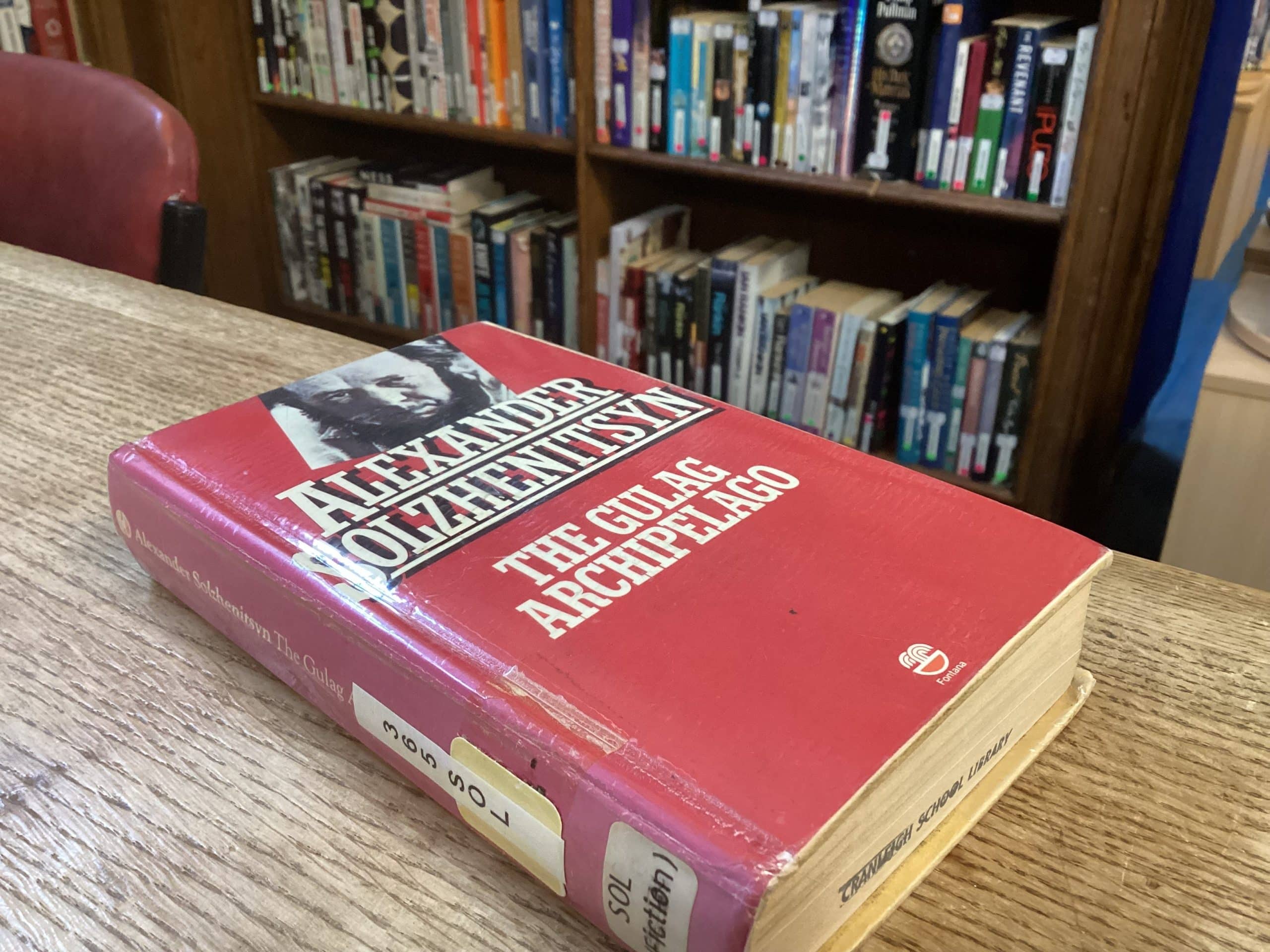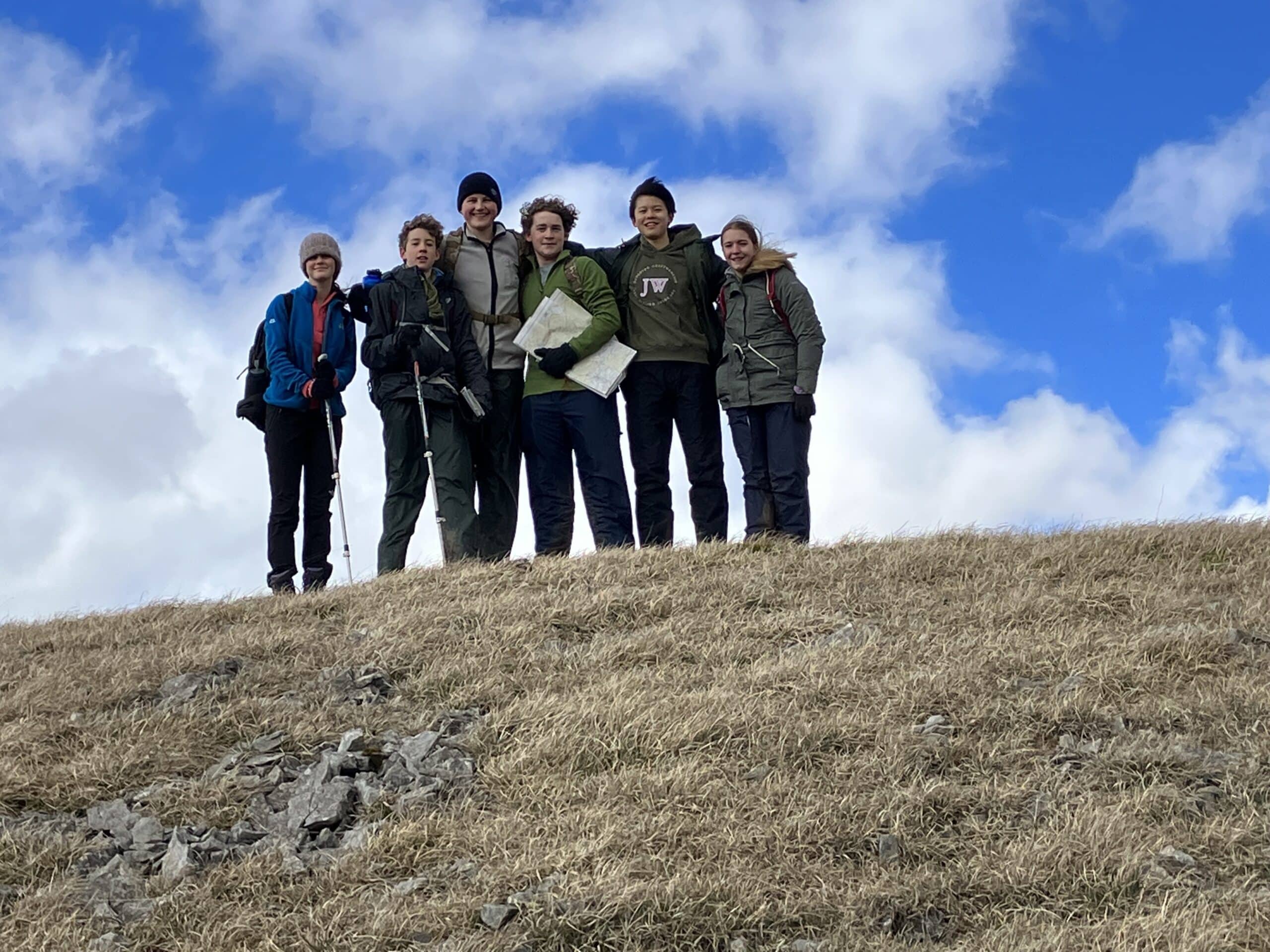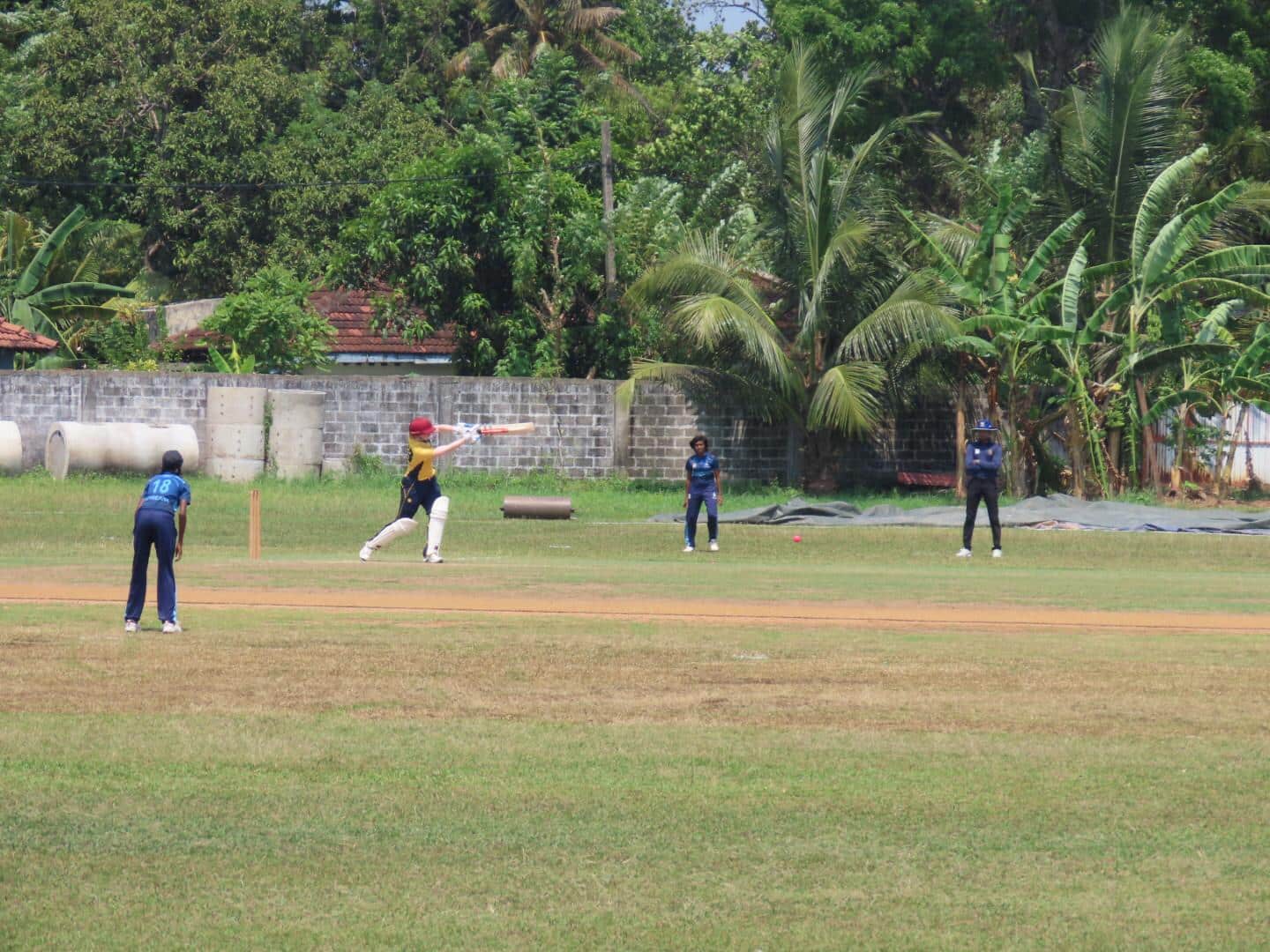In order to mark and celebrate World Book Day on 2nd March, Cranleigh School launched a competition in which students were asked to write about a book they have enjoyed and explain why they would recommend it to others.
Thank you to everyone who submitted an entry; it was a pleasure to read so many interesting, persuasive and thought-provoking book reviews. The winning entries were particularly well articulated and compelling, giving a really personal response to the book they had read and enjoyed.
Thank you to Mr Rothwell and Mr Hillen who helped to judge the competition.
THE OVERALL WINNERS ARE:
LOWER SCHOOL:
1st Prize: Zoe G.: ‘Heretics Anonymous’
2nd Prize: Tiana I. ‘Great Expectations’
UPPER SCHOOL:
1st Prize: Lauren B.‘The Gulag Archipelago’
2nd Prize: Alice R.‘Anna Karenina’
HERE ARE SOME EXTRACTS FROM THE WINNING ENTRANTS:
HERETICS ANONYMOUS BOOK REVIEW, BY ZOE G. (AN EXTRACT).
When I started to read Heretics Anonymous I was an agnostic. I did not know what to believe in. And my family were all atheist so I had never explored the possibility of religion. I bought the book solely on the fact that I thought I might be able to relate to it. The blurb describes Michael, an atheist who for the first time in his life attends a Catholic school. This book carries themes of romance, family drama, religion and satire. And contains important life messages such as sexism, LGBTQA+, religion, lack thereof and most importantly tolerance.
This novel made me realise how precious faith is to people and how much I yearned for it in my life. These wonderful characters and the meaningful writing produced by Katie Henry made me ponder questions that I needed to ask myself. The plot made me question true friendships and how to maintain healthy relationships even if people may think differently from me. From now on if anyone asks me for a book recommendation this is the book I will recommend. This book deserves to be read by everyone just for the messages alone and I would rate it 5 out of 5 stars.
THE GULAG ARCHIPELAGO BOOK REVIEW BY LAUREN B. (AN EXTRACT).
The reason why this book has resonated with me in a way unlike any other book, and why I would seriously recommend everyone to read it is because Solzhenitsyn investigates the notion that it was possible that he himself was responsible for his position in the camp. That is a very dangerous line of argumentation to grapple with because you have to be exceptionally careful when blaming the victim for the catastrophe. In this case however, Solzhenitsyn investigates this notion only through his own narrative. Whilst the book concludes that his disposition was by no means entirely the result of his own actions, he does determine this… part of the reason he ended up in the Gulag was because he and many others had completely forfeited his relationship with the truth. The consequence was therefore allowing their society to degenerate into deceit and tyrannical catastrophe without amounting sufficient opposition. Here’s where things get remarkable though. What Solzhenitsyn then did was to set his own house in order, and straighten himself out bit by bit, when he was in the camp. That led to him actually writing the Gulag Archipelago, which in turn demolished once and for all any moral credibility remaining within the communist totalitarian regimes.
So one man, placed in the depths of catastrophe, after determining that his actions had partially caused his brutal disposition decided to stop lying. He then produced a book, the Gulag Archipelago that demolished the foundation of the very system that had imprisoned him.
Now that is really something to think about.












